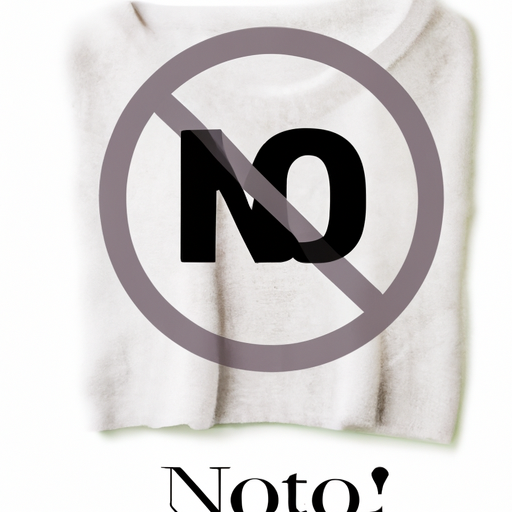Sustainable fashion is transforming the clothing industry's environmental impact through innovative practices and conscious consumer choices. Designers and brands are prioritizing ethical production, recycled materials, and reduced carbon footprints. This movement represents a critical response to the fashion industry's historical environmental challenges.

The fashion industry is experiencing a profound transformation driven by growing environmental awareness and the urgent need for sustainable practices. Once notorious for its significant ecological footprint, the fashion world is now pioneering innovative approaches that prioritize environmental responsibility and ethical production.
Historically, fashion has been an incredibly resource-intensive industry. Traditional clothing production involves extensive water consumption, chemical treatments, and significant waste generation. Cotton cultivation alone requires massive water resources, while synthetic fabrics like polyester contribute to microplastic pollution in our oceans.
Sustainable fashion emerges as a comprehensive solution to these environmental challenges. This approach encompasses multiple strategies, including using recycled materials, implementing circular design principles, reducing waste, and ensuring fair labor practices. Designers are reimagining clothing production from a holistic perspective that considers environmental and social impacts.
Leading sustainable fashion brands are demonstrating the commercial viability of eco-conscious approaches. Companies like Patagonia, Eileen Fisher, and Reformation have built entire business models around environmental responsibility. They utilize innovative materials such as recycled plastics, organic cotton, and plant-based textiles to create stylish, high-quality clothing.
Technological innovations are crucial in advancing sustainable fashion. Cutting-edge techniques like 3D knitting reduce fabric waste, while blockchain technology enables transparent supply chain tracking. Advanced textile recycling methods can now transform discarded clothing into new garments, creating a circular economy model.
Consumer awareness plays a pivotal role in driving sustainable fashion forward. Younger generations, particularly millennials and Gen Z, are increasingly making purchasing decisions based on environmental and ethical considerations. They demand transparency, authenticity, and demonstrable commitment to sustainability from fashion brands.
Materials innovation represents another exciting frontier in sustainable fashion. Designers are experimenting with groundbreaking textiles like mushroom leather, fabric made from agricultural waste, and biodegradable synthetic alternatives. These materials offer comparable performance to traditional fabrics while significantly reducing environmental impact.
The economic potential of sustainable fashion is substantial. Market research indicates that consumers are willing to pay premium prices for environmentally responsible clothing. This trend is creating new market opportunities and incentivizing established fashion houses to adopt more sustainable practices.
Practical steps towards a sustainable wardrobe include buying fewer, higher-quality pieces, supporting ethical brands, embracing second-hand shopping, and practicing garment care to extend clothing lifecycle. Consumers can make meaningful contributions by being more intentional about their fashion choices.
As we look to the future, sustainable fashion represents more than a trend—it's a necessary evolution of the clothing industry. By prioritizing environmental responsibility, ethical production, and innovative design, we can create a fashion ecosystem that respects both human and planetary well-being. The journey towards truly sustainable fashion is ongoing, but each conscious choice brings us closer to a more responsible, compassionate industry.



